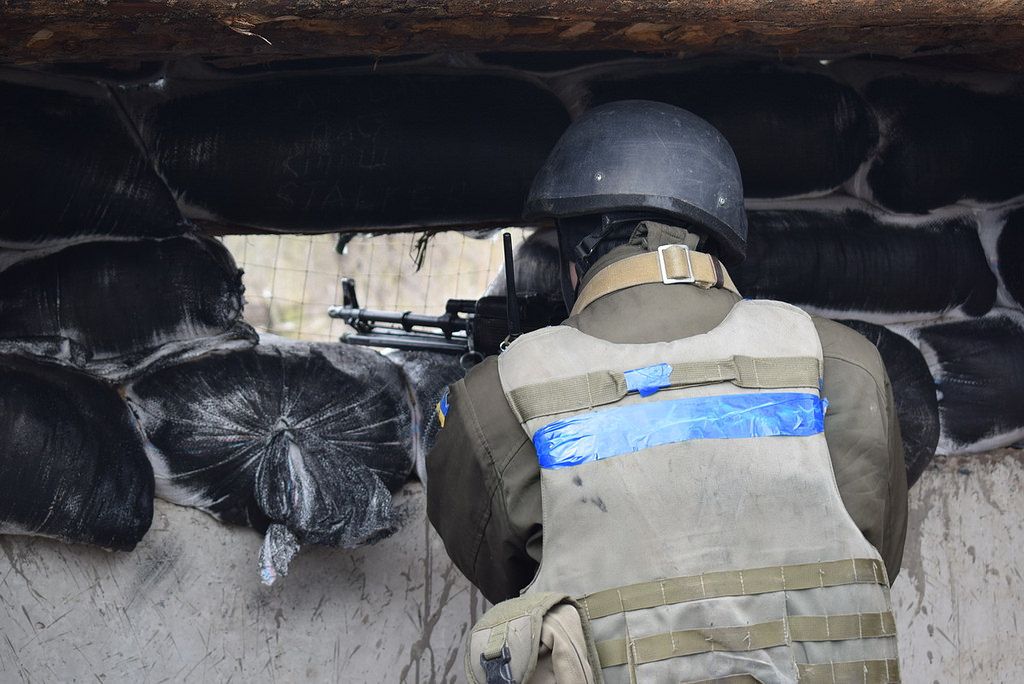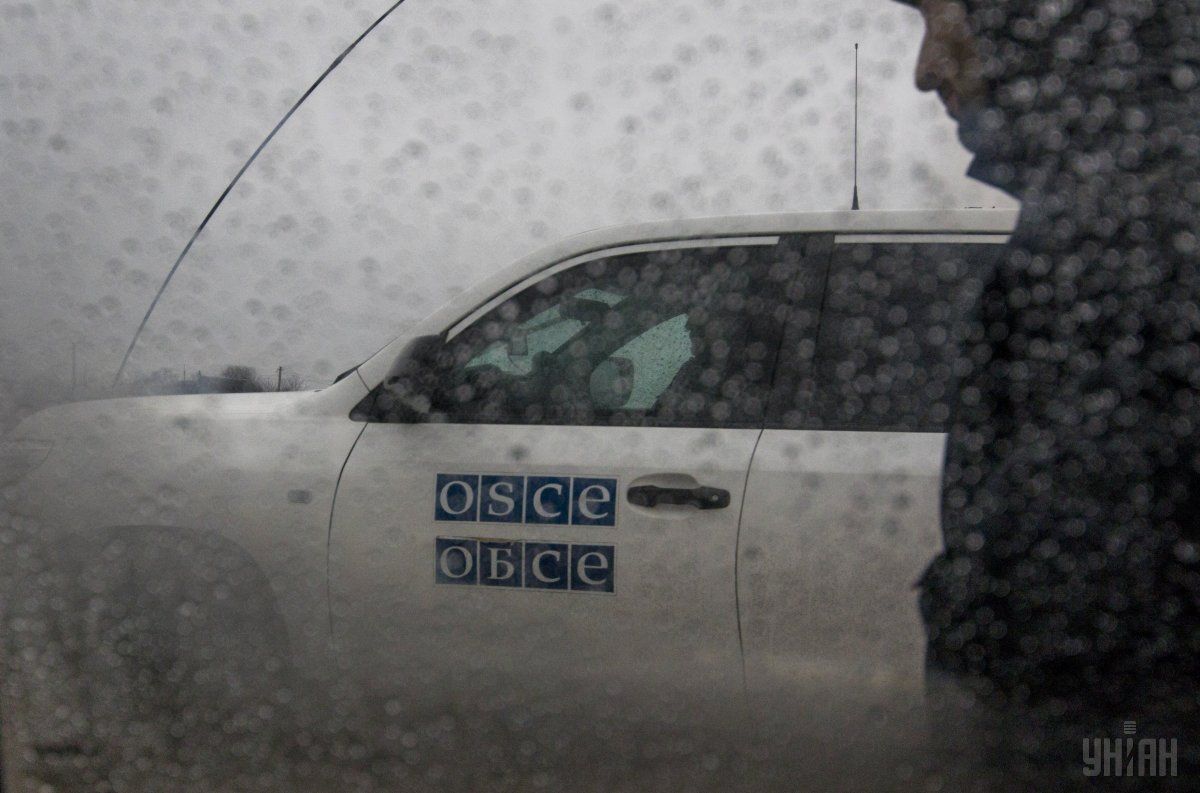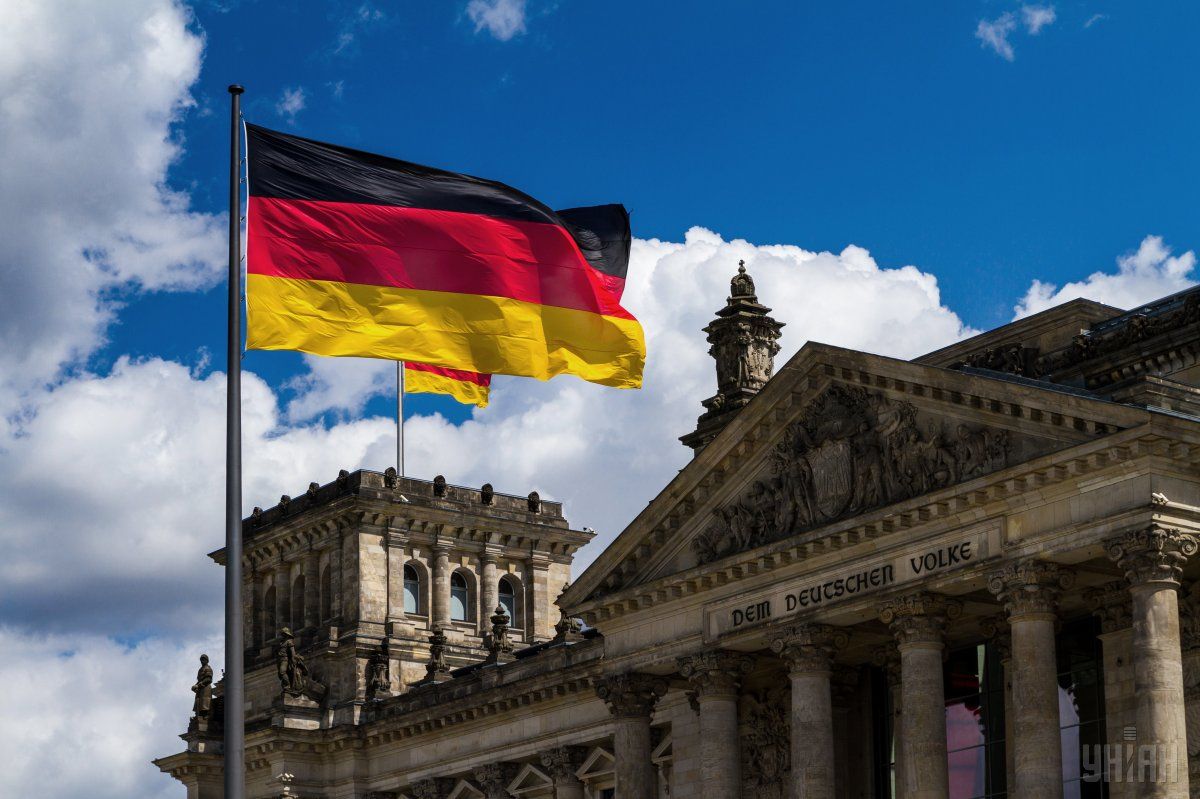Members of the armed forces of the separatists in Donetsk
Russian-backed rebels fighting against Kiev announced on Tuesday the creation of a new "state" that they said would take the place of Ukraine and have its capital in their territory.
The proposed country - which has no chance of getting off the ground - would be founded after a referendum and called Malorossiya, a tsarist-era name meaning "Little Russia" that once described most of the area covering modern-day Ukraine.
A constitution presented by rebel leader Alexander Zakharchenko said representatives from the insurgents' self-declared Donetsk and Lugansk "People's Republics" and other regions had agreed to "declare the establishment of a new state, which is the successor of Ukraine."
The document - released by the separatists' news agency - said rebel bastion Donetsk would become the capital, while Kiev would be reduced to the status of a "historical and cultural centre".
Leader of self-declared Lugansk “People’s Republic” Vladimir Degtyarenko denied taking part the project and expressed doubts about “the appropriateness of this decision,” the Lugansk Information Center news outlet reported Tuesday.
“Such decisions can only be made based on people’s opinion. Aside from that, right not we are complying with the Minsk agreements, and there’s no alternative to that,” Degtyarenko was quoted as saying.
Ukrainian nationalist protesters and military veterans
The surprise proposal elicited immediate reaction from Ukraine's pro-Western authorities in Kiev, who have been locked in a conflict with the Moscow-supported rebels since 2014 that has cost the lives of some 10,000 people.
Ukrainian president Petro Poroshenko said on Tuesday that he would “restore sovereignty over Donbass and Crimea,” and predicted that the Malorossiya project would fall apart, just like the Novorossiya project did earlier.
Petro Poroshenko speaks at a press conference during his meeting with Georgian President Georgy Margvelashvili in Tbilisi on Tuesday
The Kremlin used the tsarist-era name "Novorossiya" (New Russia) to refer to the areas the rebels had seized, but the term was later dropped.
According to the rebels, 19 regions of Ukraine have supported the move. The Kremlin hasn’t yet commented on it. Two Russian lawmakers called creating a new “state” in Ukraine unavoidable.
State Duma deputy Leonid Kalashnikov told the state-run RIA Novosti news agency that Ukrainian authorities have reached a dead end in Eastern Ukraine, and the new state could be a way out.
Pro-Russian militants pose on July 13, 2014 with a 'Novorossiya' flag in Donetsk, eastern Ukraine, in July 2014
“People can’t be at war forever; creating an independent state could be a way out for them,” he said. Federation Council senator Sergei Tsekov echoed his sentiment: “federalization” is necessary for Ukraine, he told the Lenta.ru news website on Tuesday, and the decision to create Malorossiya would “push Kiev [closer] to it.”
In the meantime, German government expressed hope that Russian authorities will officially denounce the project, RIA Novosti reported.
“We expect Russia to immediately denounce the move and not recognize it nor respect it,” the German cabinet press service told RIA Novosti in written comments.
“Resolving the conflict in Ukraine is only possible through negotiations, which entail complying with the Minsk agreements.”
A woman holds a map depicting Novorossiya (New Russia), during a rally in support of the self-proclaimed "Donetsk People's Republic" in June 2014
It was not immediately clear why the rebels decided to put forward the new plan, but it is likely a gambit aimed at pushing forward their case in a stalled peace process.
Ukraine and the West insist that Moscow has funneled troops and arms across the border to fan the flames of the war in Europe's backyard.
Moscow has denied the allegations despite overwhelming evidence that it has been involved in the fighting and its explicit political support for the rebels.
By DARIA LITVINOVA




